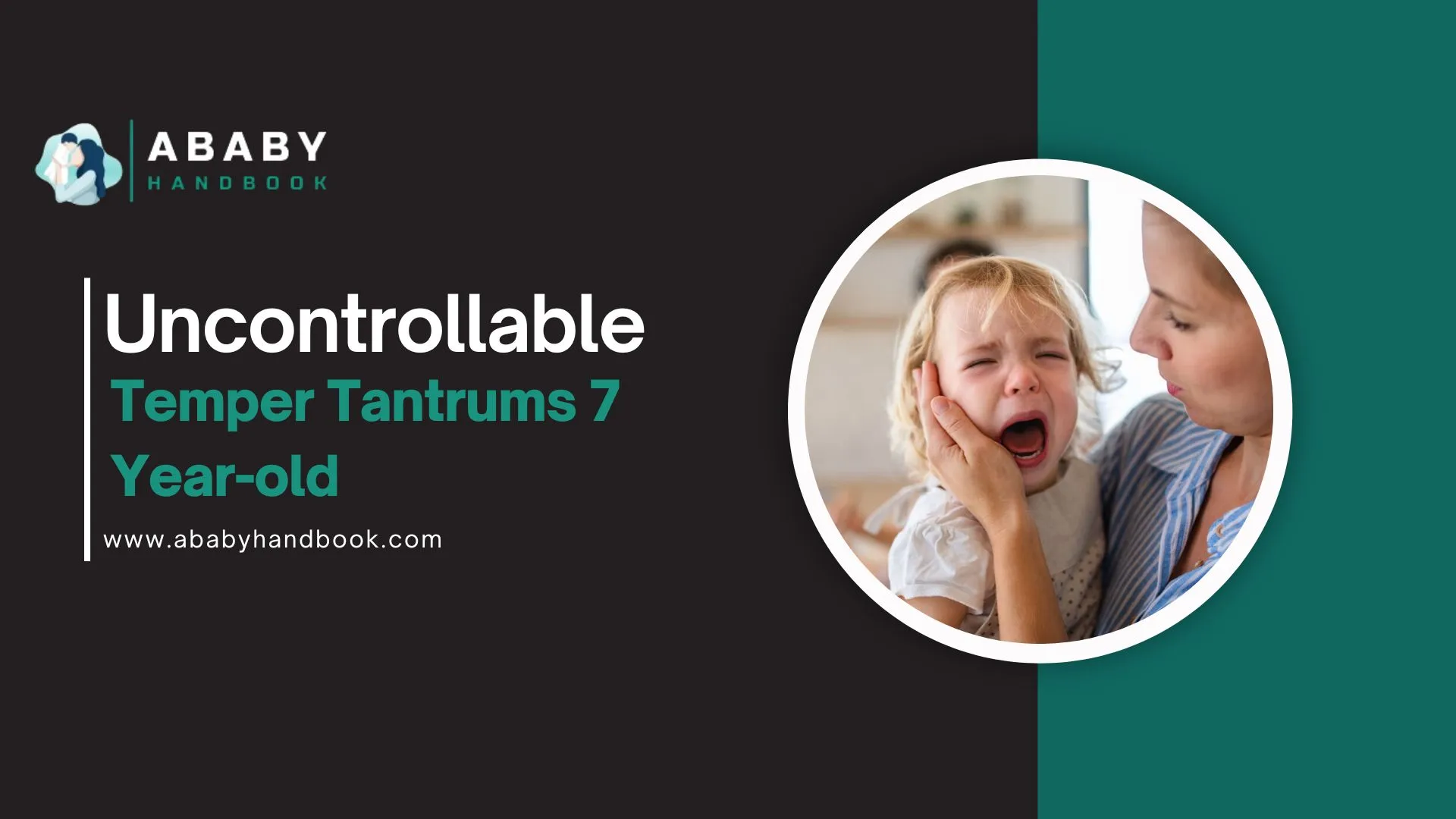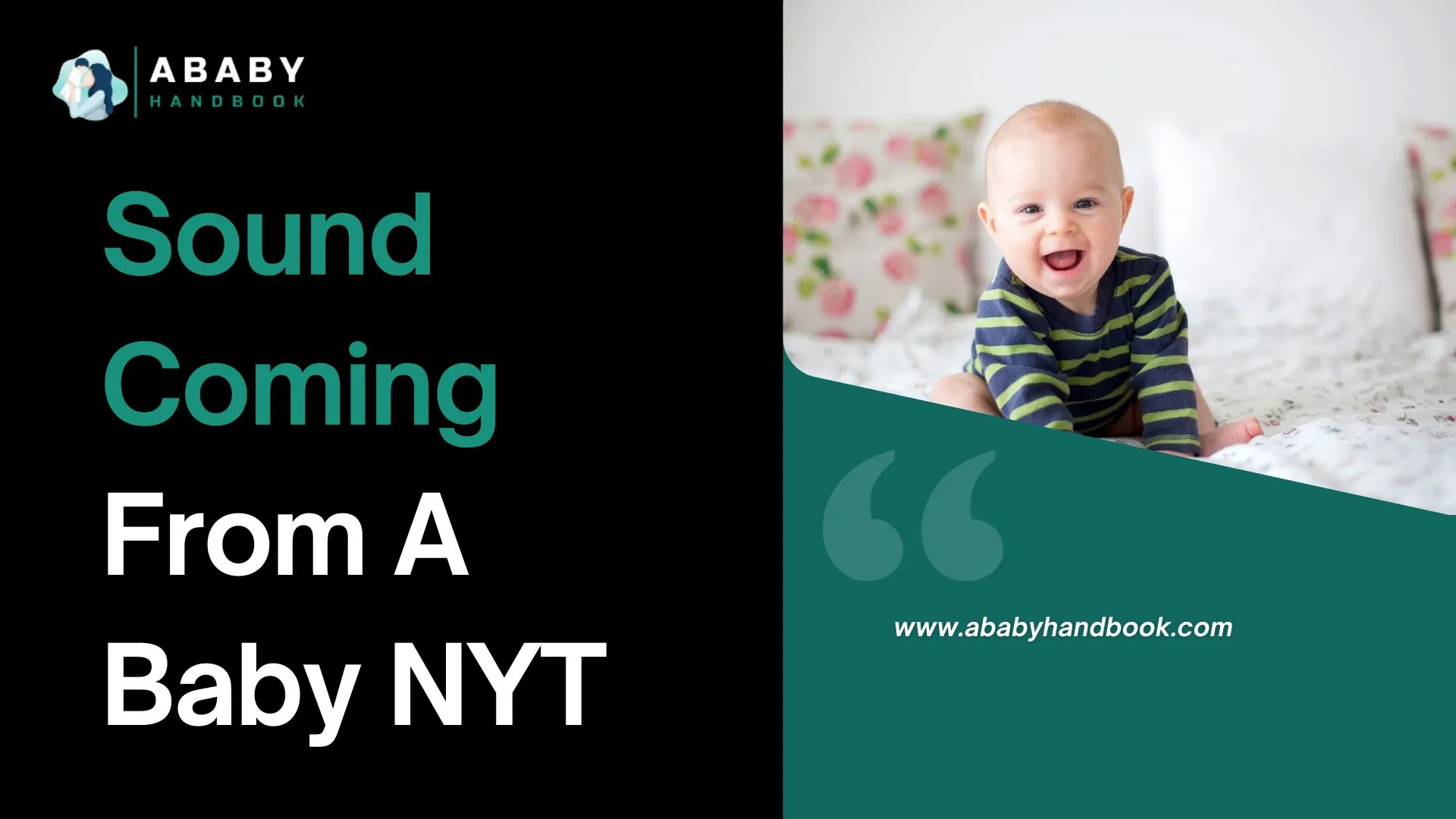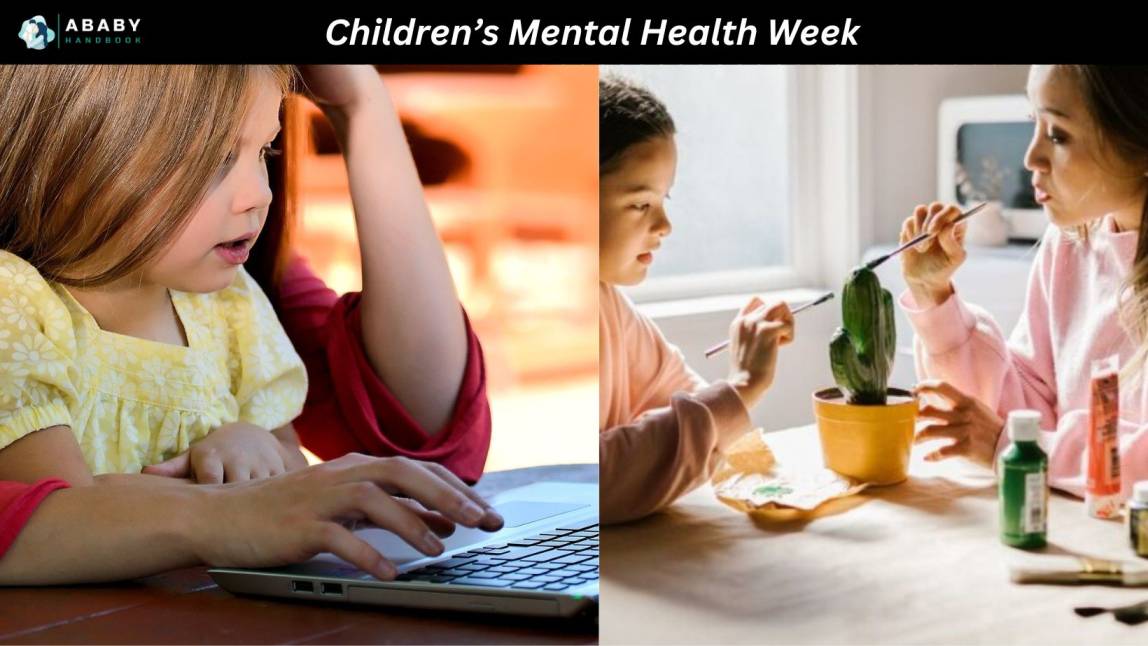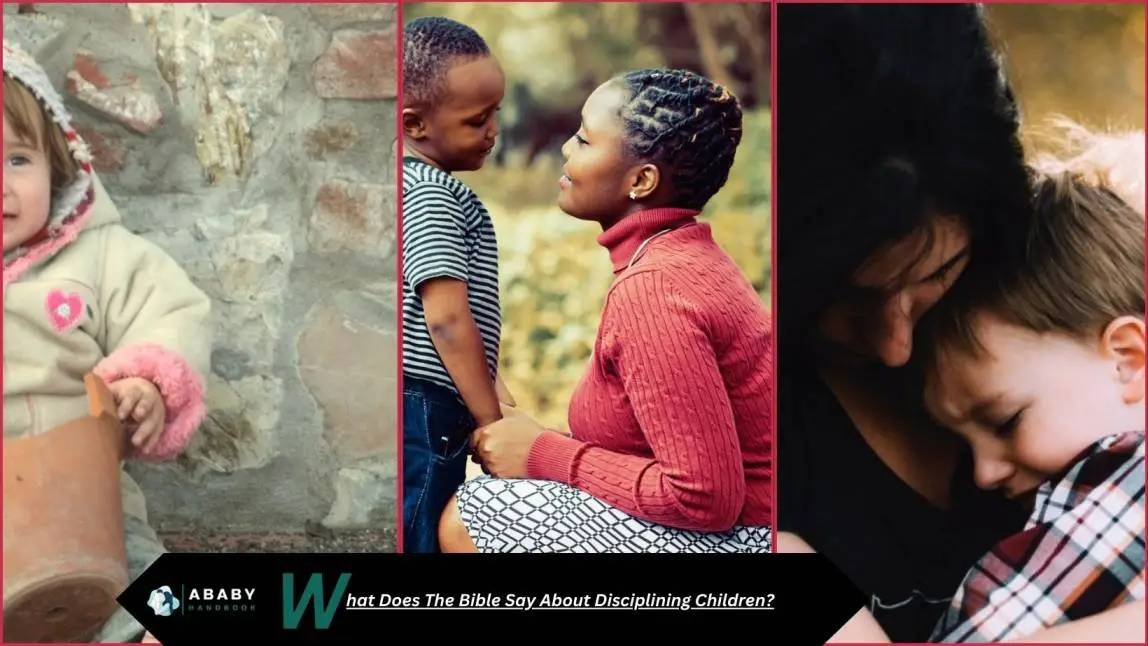Knowing how to help your child through a tantrum might be challenging. Particularly when their kiddo is a little bit older, many parents question whether it is normal or natural. I address what you need to know about uncontrollable temper tantrums 7 year-old in this post: what causes them, how can you support your child, and where to get resources?
You anticipated outbursts in the "terrible twos" or perhaps even in the case of a somewhat older child. Now that they are seven years old, though, you could find yourself perplexed or concerned about your child's behavior. At this age, is it typical for a 7 Year-old Temper Tantrums?
Although I usually avoid words like "normal," you're not the only parent experiencing this; your child isn't the only 7-year-old suffering with emotional outbursts.
These emotional outbursts most likely overwhelm you and your baby. Fortunately, knowing more about your child's outbursts and how to aid them—along with yourself—in trying circumstances will enable you to navigate family life more easily.
Uncontrollable Temper Tantrums 7 Year-old: What Causes Temper Tantrums in 7-Year-Olds?

Dealing with temper outbursts seven years old
As your child gets older, experts claim temper tantrums lose frequency and intensity.
Children's emotional control skills are more developed, so even when they occur, they are brief and less severe. Moreover, they suggest that tantrums in children beyond the age of six are less frequent and can be expressed in a more suitable way.
Read Also: How To Get Newborn To Sleep Longer Stretches At Night
Your manual for controlling outbursts in seven year olds
Naturally, you want to be the best parent you can be. When your baby has a temper tantrum, you want to help them, but occasionally it seems as though your best efforts and good intentions simply help to escalate the issue.
Your child and you both are ready for something fresh. Here, I'll walk you through 7 year old temper tantrums so your family may feel competent negotiating challenging behaviors and intense emotions together.
Describe temper tantrums or emotional meltdowns.
Given your status as a parent, you most certainly know what a temper tantrum is. If you're not sure, though, whether your youngster is having temper tantrums, here are some typical indicators.
Crying and yelling
Children often get boisterous during anger outbursts. When under pressure or experiencing powerful emotions, they may cry, whine, scream, or yell. Your child may be unable to communicate how they feel when they are triggered even if they have great language ability. The only means they feel fit to express their strong emotions could be screaming and wailing.
Flailing limbs and arms.
Your child might also flap their body during their outburst. With this behavior, the intention is usually not to hurt anyone else or oneself; rather, it's just how they are managing their own emotions. Although you want your child to do it in a safer, more efficient manner, it's also vital to know where they're coming from.
Tensing the body or slinkering
Your youngster may stiffen their muscles, get stiff or arch their back when they are stimulated. They might also drop to the floor and become totally limp. Both actions might make reassuring your youngster quite challenging.
kicking, punching, or throwing objects
Certain outbursts get more severe. During a tantrum, your youngster may toss objects, kick someone else or herself, or strike another person. Although these bad habits could endanger your child and those close to them, it's crucial not to shame them for them. More on that later in this essay, as parents we may establish loving limits while yet showing sympathy for the tremendous emotions our kids experiences.
Why would 7 year olds have temper tantrums?

Simple (e.g., your child hasn't eaten yet today and is completely hungry) or more complicated (think of some mix between your child's temperament, the circumstances, and how you're reacting as their parent) fundamental causes of tantrums can be. Though this is not a complete list, here are some typical elements that could cause temper tantrums in 7 year olds.
Read Also: At What Age Can A Child Refuse Mental Health Treatment
Your youngster could be quite sensitive.
Based on Dr. Elain's studies, up to twenty percent of people are thought to be highly sensitive. This is a personality quality rather than a mental illness that causes people to be more conscious of their surroundings, the people in them, even their own feelings.
Many highly sensitive children (HSCs) so battle regular outbursts. Constant pick-up of the minute changes and information around them by HSCs helps to explain overstimulation. See my blog post to learn more about very sensitive youngsters.
Your child could find changes difficult.
Children—particularly HSCs or those kiddos dealing with other behavioral or mental health issues—may find transition times extremely challenging. Particularly if your child is being asked to cease a preferred activity and begin a non-liked one, switching gears can be challenging.
Though your child's day is full of transitions, some typical ones are bedtime, mealtimes, leaving the house, the conclusion of the school day, and clean-up times.
Lack of control could set off your youngster.
Likewise, a lot of kids battle with a lack of control. As adults, we might not give much regard to our child's autonomy-after all, they are the youngster and we are the parent. Of course, our role is to establish and maintain safety limits. Still, youngsters may find it difficult to believe they have little say.
Your child may struggle to control their emotions when they feel out of control—especially if they are particularly sensitive. Tantrums can follow from this.
Is it typical for a seven-year-old to act out?
The quick response is yes: natural child growth includes occasional temper uncontrollable temper tantrums 7 year-old. Children often revert to the "terrible twos" about the age of seven. Stated differently, your child's actions reflect age two back in time.
Parents may find this perplexing experience. Older children should have greater control over their emotions and actions, you may think.
But your child's development depends on permitting this regression. If you battled to accept your child's outbursts in their early years, your kiddo needs your help now to let their midbrain develop correctly.
As you probably know personally, just letting your child have a temper tantrum might seem simple in theory but can be rather challenging. For many parents, being able to accept their child's suffering—which often translates as "negative" behavior—can feel upsetting and taxing.
When you chastise your child for throwing a fit, it could seem like a reflexive response.
But a good long-term parenting tool is not shame. Shame just suppresses negative behavior in the present; it does not inspire significant change toward positive behavior.
How should one handle temper tantrums seven years old?
1) Help your youngster develop better emotional control.
Any age, temper 7 year-old temper tantrums indicate that your child still has to learn how to control emotions in a socially suitable manner.
They indicate that they are feeling both known and strange emotions, but they have no idea how to handle those feelings.
2) Finding the causes of their behavior can help you to follow the road of achievement.
When your child's behavior is clear-cut—that of being asked to stop playing a videogame, complete a domestic task, or maybe not get what they want—it is easy to pinpoint the causes.
3) Find out from your child whatever coping strategies they use.
The first stages in the process of emotional regulation include helping your youngster to recognize their triggers and get comfortable with several emotions.
The main goal of this procedure is to assist them in spotting techniques they could apply to manage challenging emotions.
In summary
Dealing with 7-year-old temper 7 year old temper tantrums can be challenging, particularly because it is an age at which youngsters are supposed to have learnt to better communicate their emotions and to speak rather than act out.
While this is true, 7-year-olds are also experiencing many developmental changes, and one of the ways they show their displeasure or even their search for autonomy is through outbursts.
FAQs: Uncontrollable Temper Tantrums 7 Year-old
When should I be concerned about my 7 year old tantrums?
Should my seven-year-old's tantrums cause me concern? You should only be worried if the tantrums of your seven-year-old are seriously interfering with your child's or family's life.
Why does my 7 year old break things when angry?
Most children turn to destruction of property or breaking objects as a coping mechanism. This is so because damaging things provides a release and they cannot healthy manage their frustrations and strong emotions. If just temporarily, it helps them feel better.








